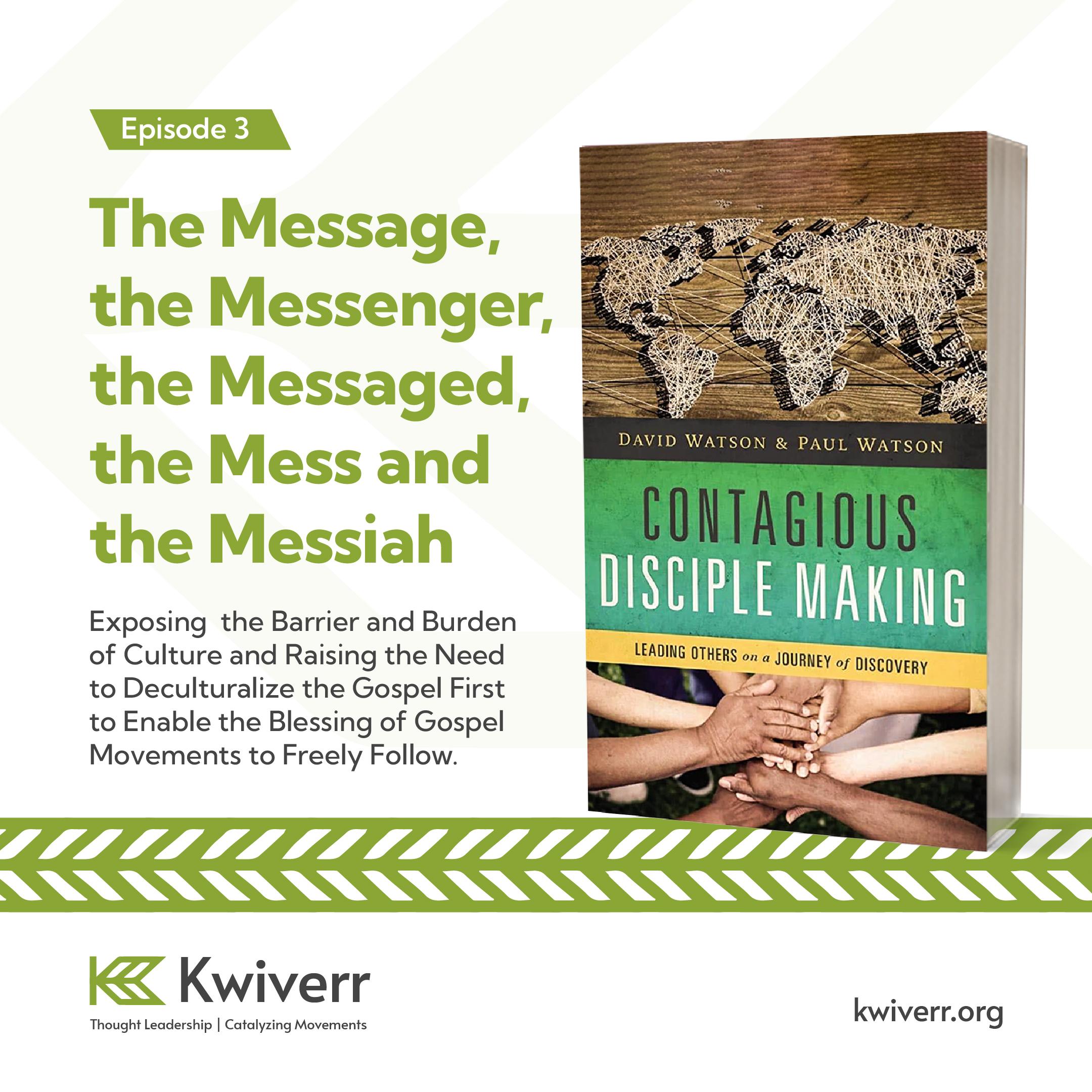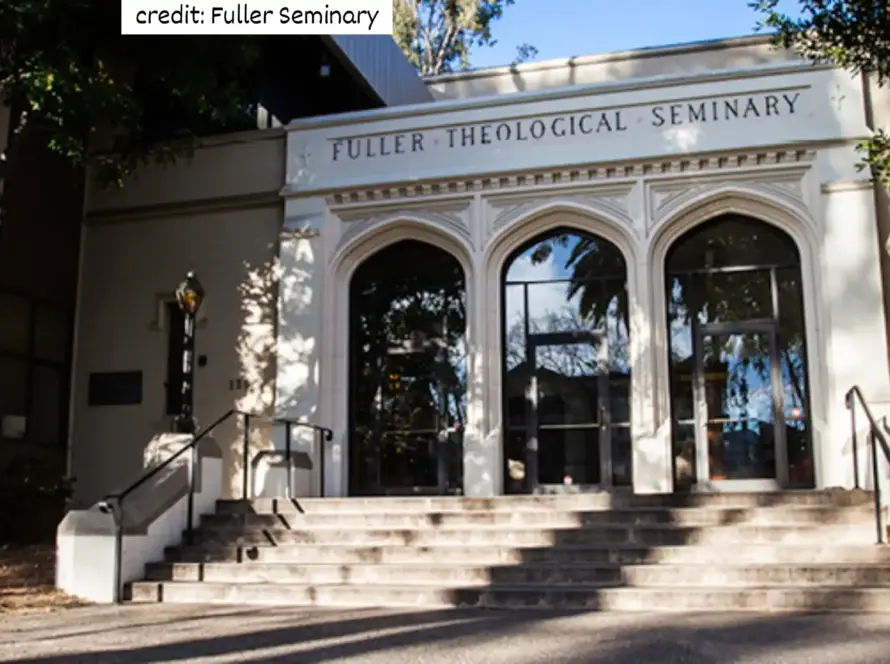
By Dr. Yaw Perbi
International Director, Kwiverr
This important conversation about the barrier, burden or blessing of the Gospel of Jesus Christ shall be framed in the following manner:
- The Pain of the Messaged
- The Paradox of the Medium
- The Point of the Message
- The Project of the Messenger.
- THE PAIN OF THE MESSAGED
Amu was kicked out of the pulpit. What a mess. What did Ephraim Amu (1899-1995) do to warrant this expulsion? Did he misrepresent the gospel or preach a false one? Was he a heretic? Well, this musicology mentor of my grandfather’s at the Presbyterian Training College at Akropong, pioneered and run by the Basel missionaries in the Gold Coast (prior to being renamed ‘Ghana’), was ultimately kicked out of the college itself as “the synod of the Presbyterian Church disapproved of his African way of doing things. He had often clashed with them over dressing in the native attire, the use of traditional music and the singing of his own religious compositions during worship” (Turkson 1987, 41).
Amu was already being carefully watched with great suspicion for introducing traditional African instruments into Christian worship—drums, bamboo flute and the like. Could these African objects be Christian? How about the local way of singing—and in the native tongue for that matter? The last straw that broke the camel’s back was that Tata Amu had the nerve to mount the pulpit and preach in his traditional African cloth. How dare he not preach in a suit and tie? He was shown the door.
One might ask: what has a jacket and tie got to do with the Gospel of Jesus Christ? Did Jesus himself wear a suit and tie to preach? Was it a Wesleyan hymn or Hillsong anthem they sang on the night Jesus took the Last Supper with his disciples (Matthew 26:30)? Anachronistic, yes, but it does make the point.
For all the good that the modern missionary movement did, it can be faulted for trying to make Europeans and Americans out of others. While this might have been inadvertent for some and intentional by others who felt a supremacy of their cultures (“the best comes from the west” thus “civilizing” others), this propensity to ‘civilize’ others by their perceived posher ways ended up as a barrier to belief, a stumbling block to movements—and still does.
In fact, not only have even today’s Americans and Europeans who have been conversant with Christianity for hundreds of years wary and weary of ‘Christian culture’, the emerging generation in Africa and elsewhere in the Majority World are increasingly suspicious of a Christianity they refer to as ‘the White Man’s Religion.’ The pain of the Messaged.
- THE PARADOX OF THE MEDIUM (CULTURE)
Culture, according to the Oxford dictionary, is “the ideas, customs, and social behavior of a particular people or society.” Every culture has fingerprints of God and His encoding of the gospel within it which when understood unlocks a powerful, innate appreciation of the love of God and His redemptive plan through Jesus Christ. So culture is the blessing through which the Gospel is more deeply understood and fleshed out (which is why it must be contextualized by the Messaged) yet at the same time culture is the barrier to belief and multiplication (which is why it must be deculturized by the Messenger).
David and Paul Watson claim, “Identifying our personal cultures—including our religious and nationalistic traditions—and keeping them from permeating new work is the single biggest hurdle we face” (Watson & Watson 2014, 20). For a duo leading a multi-million people movement and facing umpteen challenges to make such an audacious statement is worth noting. That is on the side of the one attempting to transmit the gospel—the Messenger. It is a welcome relief that the Watsons, both Westerners, seem not to share in the ethnocentric notion that “the best is from the west.”
On the other side, that of the Messaged, ”Christian culture—not to be confused with God or what He teaches through the Bible—is often a barrier to people falling in love with Jesus. Additionally, fewer people want anything to do with anything that looks or feels religious” (Watson & Watson 2014, 20). Meanwhile, the message, the Gospel, remains in its purity.
- THE POINT OF THE MESSAGE (GOSPEL)
Gospel is an old Anglo-Saxon word ‘Godspell’ which means ‘good story’ or good news. Kwame Bediako believes the Gospel begins not in the so-called Great Commission in Matthew 28 or any New Testament scripture for that matter but back in the Old Testament (Bediako 1987, 1). He reminds us that even in the Pauline definition of the gospel situates the death, burial and third-day resurrection of Jesus Christ “according to the [Hebraic] scriptures” (a.k.a. Old Testament) and not the Grecian New Testament, part of which he himself was now penning. Did the resurrected Jesus himself not explain the gospel to the Emmaus duo from the Law and Prophets (Luke 24:13-35)? Jesus himself preached the gospel of the Kingdom before he had died and was raised.
The gospel is good news of eternal hope and great joy to sinners, us all. That God, the loving Maker of the world, has not left it to run or ruin itself but has intervened to rescue humans and all creation from the pain, penalty, power, and presence of sin and its sequelae through the incarnation, earthly life, death, burial, resurrection, heavenward ascension, current throne room intercession and soon-coming return of Jesus Christ to finally and fully establish the physical Kingdom of God on earth as it is in Heaven. That the presence of the Lord will physically and proximally be with humans forever, that provokes a “Hallelujah!” And I heard a loud voice from the throne saying, “Look! God’s dwelling place is now among the people, and he will dwell with them. They will be his people, and God himself will be with them and be their God. (Revelation 21:3, NIV)
The crux of the Gospel is the crux (cross). Its meaning and implication needs to be worked out throughout every culture’s segments, spheres and strata of society. Kenyan theologian John S. Mbiti put the acultural-yet-cultural nature of the Gospel, the Message, aptly in the metaphor of a beggar: “Christianity is always a beggar seeking food and drink, cover and shelter from the cultures and times it encounters in its never-ending journeys and wonderings” (Mbiti 1970, 438).
4. THE PROJECT OF THE MESSENGER (MISSIONARY/DISCIPLE-MAKER)
“A disciple maker’s job is to present the Gospel as honestly and as aculturally as possible” (Watson & Watson, 19). “Deculturalizing is difficult,” (21) the Watsons admit. The task of the Messenger is to deculturalize the Gospel so that the Messaged contextualizes it for the ongoing expansion within the new culture it has penetrated. To put this core idea to Mbiti’s beggar metaphor, the Messenger is to strip down the beggar as bare as possible as they introduce the Message to a people if it is to be a blessing and not a barrier while the job of the Messaged is to put on the beggar the clothings of the culture to avoid it being a burden or body that is foreign. When both sides of the task of deculturalizing by the Messenger and contextualizing by the Messaged are properly accomplished, the gospel multiplies exponentially in disciple-making and church-planting movements. While attempts by the Messenger to contextualize may be admirable, it must be humbly acknowledged that it will never be as well done by the outsider as it can by the insider.
Suffering to not impose ourselves or culture on others (self-denial) and suffering to be painstaking about deculturalizing the Gospel for others (sacrificial service) is the ethos of the very Gospel we preach: The Messiah made Himself nothing in order to save us. Then He came and wrapped himself in our flesh, blood and Middle Eastern culture. He suffered for doing good, in life and in death. So must we, to live a cruciform life as he. This way, the Messaged will not only hear the Gospel preached, but see it in the flesh as well.
Instead of being religious about denominational dogma or so-called ‘Christian culture’ thus insisting on certain ways of dressing, singing, liturgy, praying etc. one must be spiritually alert to the Spirit and the Word of God in action and understand that once the seed of the Gospel is planted, the way it expresses itself in its flowering and fruiting will be as varied as the 17,400 ethnolinguistic cultures; and even more permutations considering peoples’ personalities and groups’ idiosyncrasies.
CONCLUSION
Deculturalizing the message of the Gospel is the bane of many a Messenger but unless it is painstakingly done, it inadvertently turns out as a mess–a significant stumbling block in the immediate term for the Messaged and more of a burden than a blessing to them in the long run even if the Message somehow pushed through and was accepted. Consequently, in such a context there will be no gospel multiplication, as in, disciple-making movements or church-planting movements. “If you mess up the message, you mess up the movement” (Steffen 2011, 132).
Messengers must be intentional about deculturalizing (which in some contexts includes decolonizing) the Gospel as we seek to penetrate new cultures while the Messaged must be exhorted to contextualize it in order to permeate the new culture to the extent of exponential growth a.k.a. movements. With this mindset and methodology, what could’ve been a mess—as has so become in many places and spaces throughout the last 2,000 years, including the opening case of Amu at Akropong—becomes a masterpiece of a Gospel Message about the merciful Messiah of a very loving God whose manifold grace and glory are revealed in the plethora of cultures. Let love lead the liturgy.
REFERENCES
Bediako, Kwame. “What Is the Gospel?” Transformation 14, no. 1 (1997): 1–4.
Mbiti, John S. 1970. “Christianity and Traditional Religions in Africa.” International Review of Mission, 59, no. 236 (October 1970).
Schattner, Frank. 2014. The Wheel Model: Catalyzing Sustainable Church Multiplication Movements. Rocklin, CA: William Jessup University.
Steffen, T. 2011. The Facilitator Era: Beyond Pioneer Church Multiplication. Eugene, OR: WIPF & Stock.
Turkson, Adolphus R. 1987. “A Voice in the African Process of Crossing from the Traditional to Modernity: The Music of Ephraim Amu”. Ultimate Reality and Meaning. 10 (1) March 1987, 39–53. doi:10.3138/uram.10.1.39. ISSN 0709-549X.
Watson, David and Paul Watson. 2014. Contagious Disciple Making. Nashville, Tennessee: Thomas Nelson.



